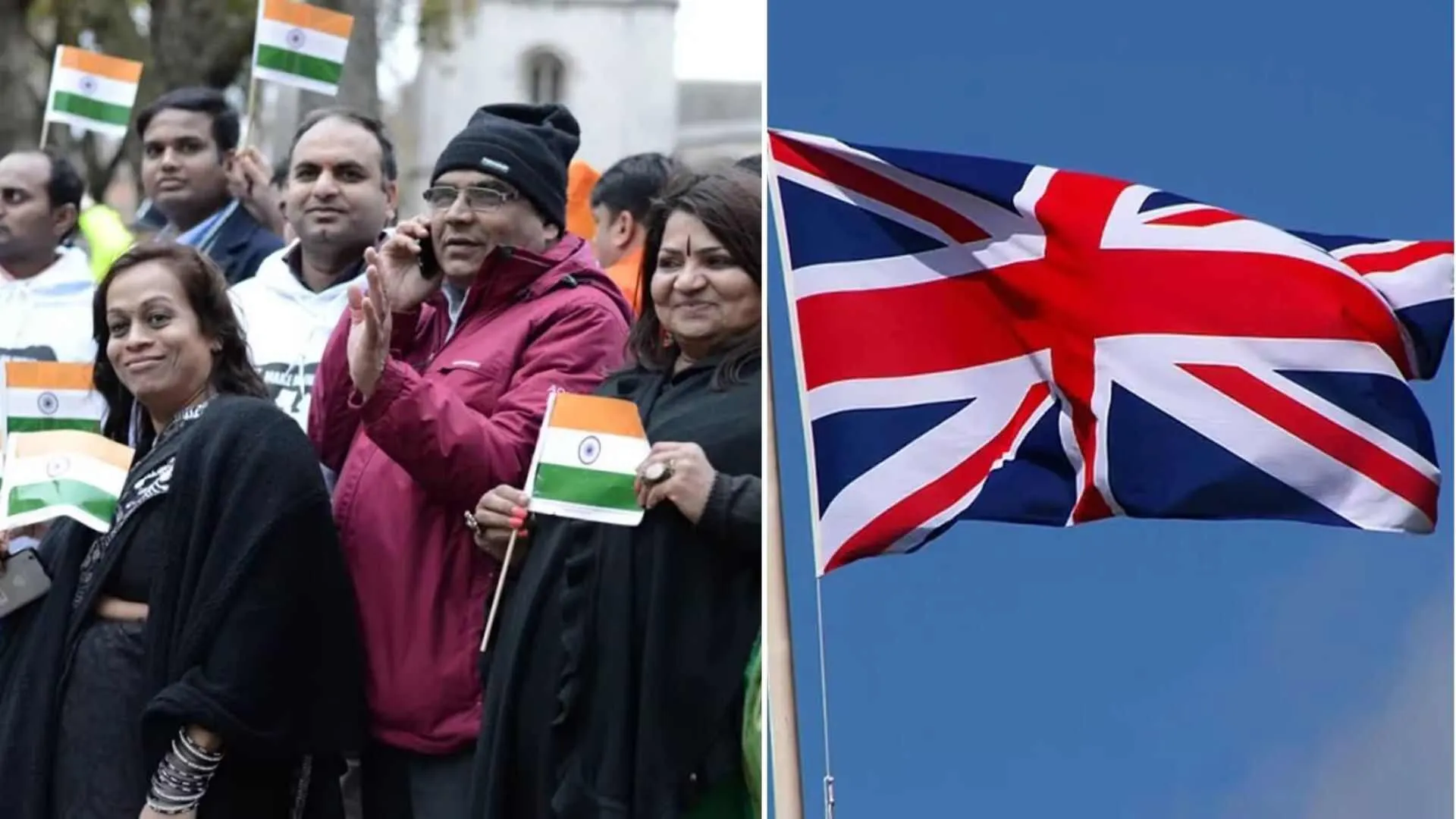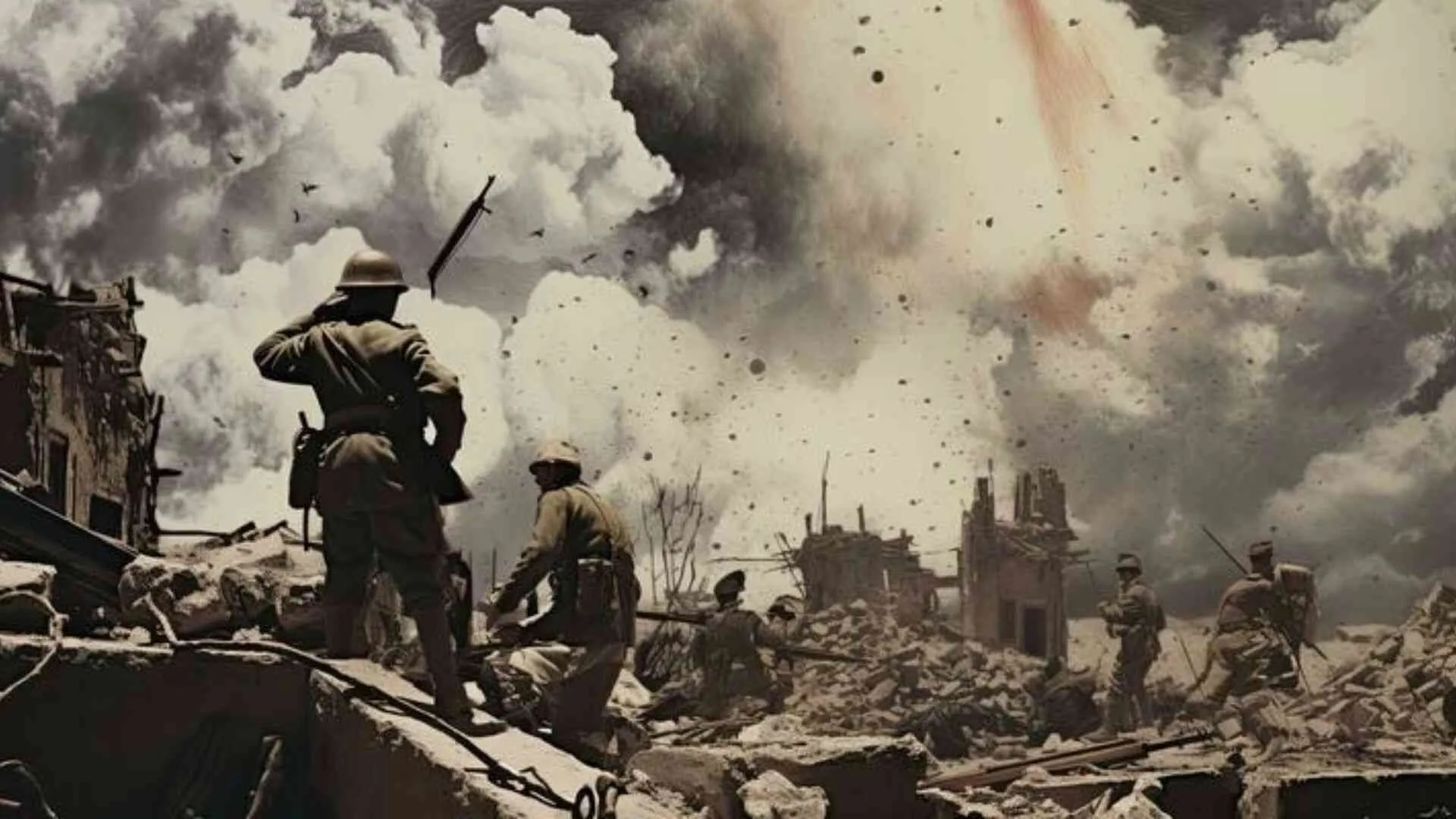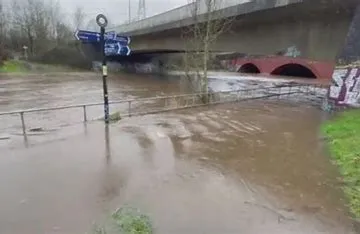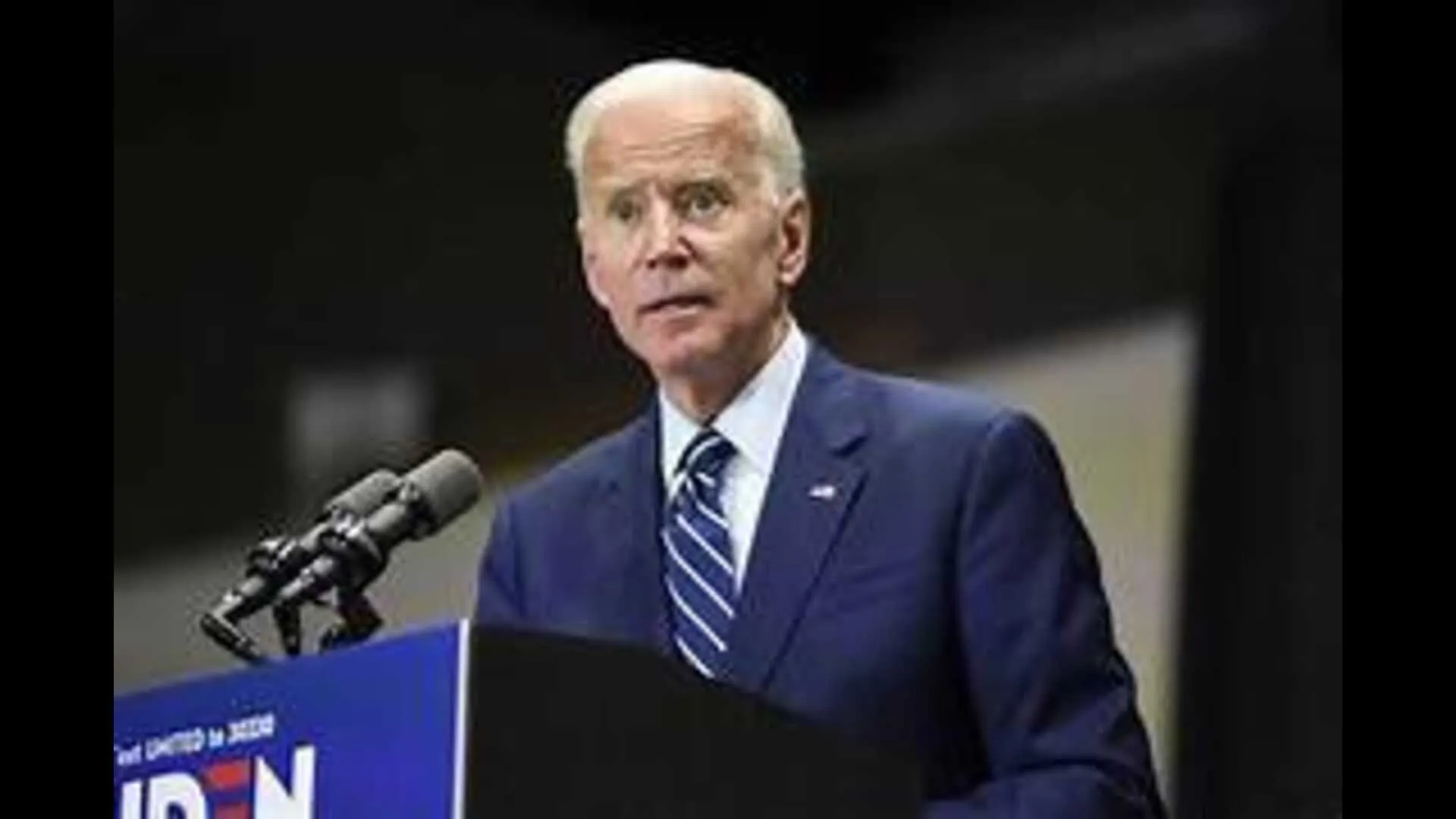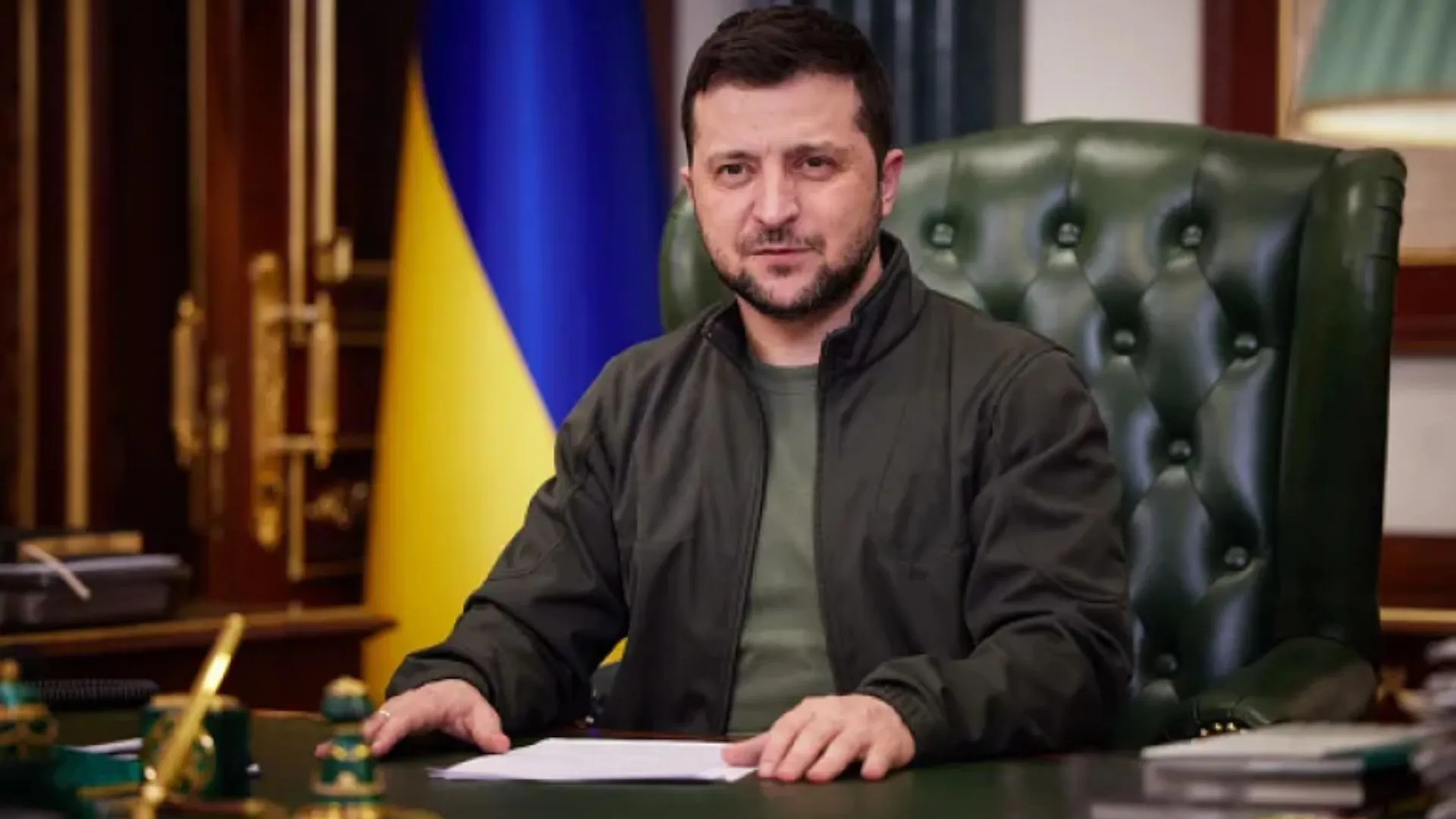Russian and Syrian jets intensified their bombing campaign in the rebel-held city of Idlib on Sunday, marking the second consecutive day of heavy airstrikes aimed at repelling insurgents who have recently advanced toward Aleppo. According to Syrian army sources, the strikes targeted various locations within the city, which is the largest urban center in a rebel enclave near the Turkish border, home to approximately four million people living in makeshift shelters.
Residents reported that one of the air raids struck a densely populated residential area in central Idlib, resulting in at least four fatalities and dozens of injuries, as confirmed by rescuers on the scene. The Syrian army and its ally, Russia, maintain that their operations focus on insurgent hideouts and deny any allegations of civilian casualties.
On Saturday, airstrikes also targeted other towns in Idlib province, which had fallen entirely under rebel control during a significant offensive—the boldest in years—amid a civil war that has seen front lines largely static since 2020. The insurgents launched an assault on Aleppo on Friday night, compelling the Syrian army to redeploy forces in what is considered the most significant challenge to President Bashar al-Assad’s regime in recent years. The Syrian army reported that dozens of its soldiers were killed during the attack.
On Sunday, the army announced the recapture of several towns that had been taken over by rebels in recent days. The insurgent coalition includes Turkey-backed secular armed groups and Hayat Tahrir al-Sham, an Islamist faction regarded as the opposition’s most formidable military force. Hayat Tahrir al-Sham is classified as a terrorist organization by the U.S., Russia, Turkey, and other nations. Assad remains a close ally of Moscow.
The ongoing conflict, which has resulted in hundreds of thousands of deaths and the displacement of millions since its inception in 2011, shows no signs of a formal resolution. Major fighting has subsided in recent years, largely due to Iranian and Russian support that enabled Assad’s government to regain control over most territory and all major cities.
Civilians Flee Aleppo Amid Renewed Conflict
In Aleppo city, streets were largely deserted on Sunday, with many businesses shuttered as anxious residents opted to remain indoors. However, there was a notable exodus of civilians leaving the city, according to witnesses and local residents. Syrian troops, who had previously withdrawn from Aleppo, are reportedly regrouping, and reinforcements are being dispatched to support a counter-offensive.
Aleppo had been firmly under government control since a pivotal victory in 2016 when Russian-backed Syrian forces besieged and devastated the rebel-held eastern regions of what was once Syria’s largest city. Rebels claimed on Sunday to have advanced further south of Aleppo, capturing the town of Khansir to disrupt the army’s primary supply route to the city. They also reported seizing the Sheikh Najjar estate, a key industrial zone in the country.
Iran has deployed thousands of Shiite militias to Syria throughout the conflict, and alongside Russia’s air support, has been instrumental in helping Assad crush the insurgency and reclaim significant territory. The recent lack of Iranian-backed manpower to counter the rebel offensive has been cited by army sources as a factor in the rapid retreat of Syrian forces. Militias allied with Iran, particularly Hezbollah, maintain a strong presence in the Aleppo area.
In recent months, Israel has escalated its strikes on Iranian bases in Syria while also conducting operations in Lebanon, claiming that these actions have weakened Hezbollah and diminished its military capabilities.



